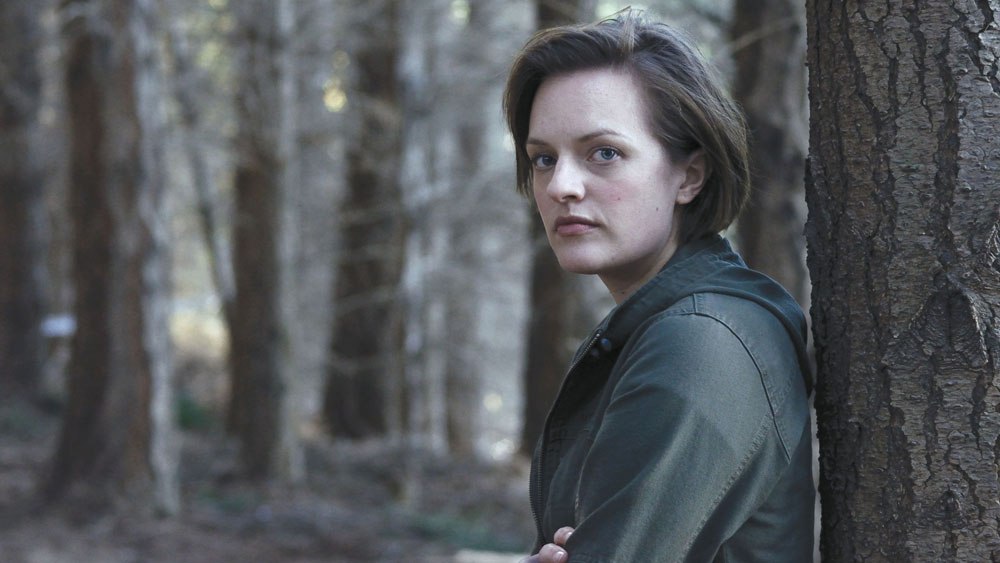I’ve been an avid Sundance Channel watcher for many years, for better or for worse. From the good old cinephile-focused days to the current, slightly more commercial with a hint of edgy times, I feel like I’ve weathered it all like the tolerant friend that just smiles and nods at all the phases of your life.
So when I first heard about this little show called Top of the Lake in 2013, I was hopeful because if nothing else Sundance is still willing to take risks on programming. I was even more intrigued after finding out it was a co-production with BBC2. Ostensibly a police procedural set in New Zealand and Australia, I was confident that this was going to be something more than it appeared. I wasn’t sure what kind of different I was going to get, but I tuned into the first episode expecting…something.
What I got was a beautifully crafted, dark, even painful series that packed so much into so little time space I couldn’t believe it!
I see Top of the Lake compared to Twin Peaks a lot and I get that. But while Top of the Lake certainly has its surreal, hallucinatory moments, it’s not as aggressively confounding as Twin Peaks. In fact, it’s frighteningly grounded in reality. It put me more in the mind of The Lakes, another BBC show that blew me away with how intent it was on exploring the dark, disgusting, gritty underbelly of a small town. Or if you have to continue the Lynch references, the most immediate comparison would be Blue Velvet.
But those points of reference aren’t really an indication of what you’re diving into. Top of the Lake is definitely an experience all its own. Series one is centered on a missing pregnant girl named Tui and then the sequel series, “China Girl,” is focused on discovering the identity of a young pregnant Asian girl washed up on the beach in a suitcase. Detective Robin Griffin investigates both cases. Her experiences with rape and pregnancy gives her a personal connection to the missing girls and links the seasons together while the supporting characters flesh out the subtopics of police corruption, misogyny, rape culture, and small town apathy. In “China Girl,” this palette is expanded out to include bodily autonomy, illegal surrogacy, parenting, cultural tensions, and privileged entitlement.
One of the many things I enjoy about Top of the Lake as a whole is that it pumps the brakes on the white savior trope. And the characters that do give into that pitfall are morally ambiguous at best, like the abusive Alexander in “China Girl” (personification of the idea that a broken clock is right twice a day…but still useless) or completely irredeemable at worst, best example being the monstrous Al from series one. In a series like this, dealing with such dark and taboo topics, it would be easy to cast Robin as the Light In the Darkness against all odds when all hope is lost.
But the show makes it clear that Robin isn’t the only person that cares about the missing girls, just perhaps the only person with any authority and resources that actively gives a damn. In “China Girl,” things somehow get worse with a whole staff of police and detectives in big city Sydney who simply couldn’t care less about the identity of an Asian sex worker, to the point of referring to her pejoratively as “China girl” instead of something more humanizing like Jane Doe. Robin’s Big Heroine moments come more from personal triumph and growth than rescuing anyone. It feels good when she cracks the case, but seeing what it took just to get to that point…shudder.
Now that’s not to say the narrative of TOTL is flaw-free. While it walks over the white savior pitfall, Tui and later Cinnamon do end up as background dressing to their own stories. The major mysteries surrounding them are pretty much solved without a lot of fanfare, but the show keeps going as it races to create a broader point about them and yet somehow not about them. That defeats the purpose as Campion and co-writer Gerard Lee go a long way to making you care about what happens to these characters and making you care about the issues that led them to these circumstances. It feels like Tui and Cinnamon aren’t really people but just Big Issues in humanoid shape. That itself may be a commentary on the fact that when it comes to issues facing marginalized groups, unfortunately there are people who won’t care or see things if there is not an acceptable face put to them.
Even the show’s shortcomings are up for rousing debate. TOTL is a layered, complex show that comments on painful topics with sensitivity, a lot of surreal mystery, and sometimes scathing bluntness. Robin’s journey seems to have reached its logical conclusion so at this point a third series seems unlikely. But you never know. Campion said that about series two, after all, and here we are. Maybe Detective Griffin will get another call?

